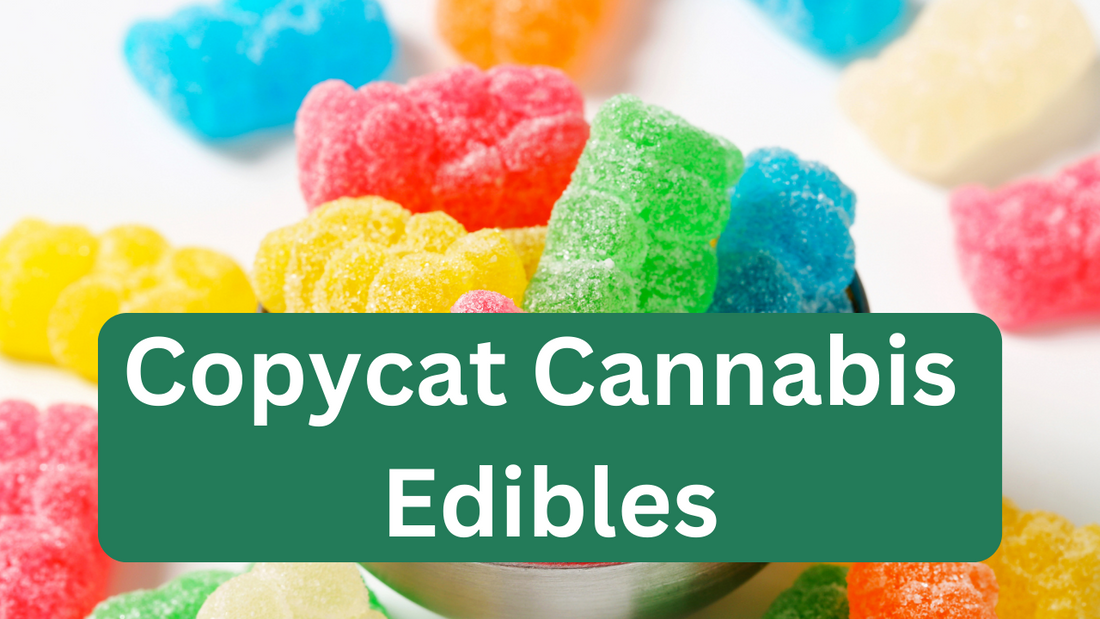Cannabis edibles, or food products that contain cannabis, have become a popular and growing segment of the cannabis market. In recent years, media reports have highlighted the emergence of "copycat" or "lookalike" cannabis edibles as a public health concern. These are products that use the same or similar brand name, logo, and/or imagery as an existing commercial non-cannabis counterpart (CNCC), such as candy or cookies. A study published in the journal Drug and Alcohol Dependence sought to examine the prevalence and characteristics of copycat/lookalike cannabis edibles.
The researchers collected photos of 731 cannabis products between May 2020 and August 2021 through an online survey of cannabis users and personal contacts. Of these, 267 (36%) were edibles, and 22 (8%) represented 13 unique copycat/lookalike products. The packages of these products copied or imitated a mean of 3.9 out of six features and indicated cannabis content with a mean of 4.1 out of eight features. The packages also had a high THC content, with a mean of 459 mg per package, and some reported THC doses per serving with a mean of 47.5 mg.
The study's findings raise several concerns about copycat/lookalike cannabis edibles. Firstly, these products subtly indicate cannabis content while using high fidelity replication or imitation of their CNCC, which could potentially be attractive to children. Secondly, the high THC content of these products could lead to unanticipated highs or acute toxicity. Finally, the use of similar branding and imagery as non-cannabis products may create confusion and make it difficult for consumers to identify and properly dose these products.

An example of a commercial non-cannabis counterpart (CNCC)
Article
Copycat and lookalike edible cannabis product packaging in the United States

